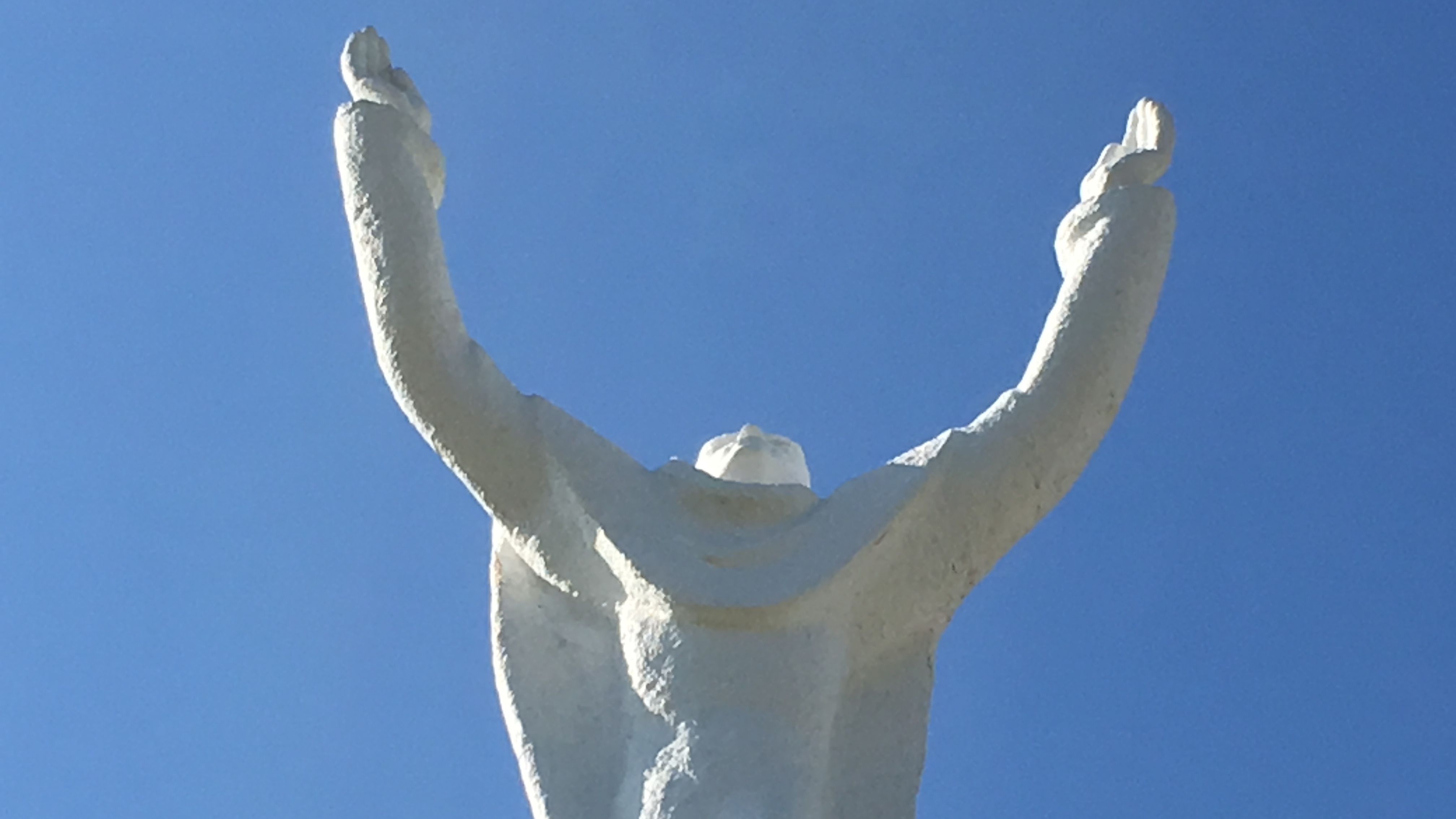reaching or digging

Nelle Harper Lee wrote about Truman Capote, in his later years, “His compulsive lying was like this: if you said, ‘Did you know JFK was shot?’ he’d easily answer, ‘Yes, I was driving the car he was riding in.’”
I had a friend in college who was a habitual liar. She told lies with such conviction that I think, eventually, she herself believed them to be the truth.
Another friend of mine was caught up in the spiritual darkness of lying repeatedly. He didn’t do it because he was a bad person. He had been raised by a liar, and hurt by that liar over and over again. When faced with a situation where he could lose face, the son also reverted to lying. He had done it before, even was caught in the lie that first time. He might have known that he would be caught again. It didn’t seem to matter. He had lost his way, and instead of repenting to the people he lied to, he convinced himself that it wasn’t that bad, and the situation devolved into blame shifting and more lies. Spiritual darkness was the trap, and lying was the way he tried to claw out of the trap. But like my college friend, the lie may have begun to feel true.
What if at any point in his spiritual descent he had stopped and said to anyone, “I’m in trouble. I’ve been lying, and I need help”? Everyone who loved him would have moved heaven and earth to help—they did try and were rebuffed. Lies multiplied.
It is human nature that when we find ourselves in a hole, we keep digging. After all, we had to dig the hole to begin with, so we convince ourselves that digging is the way out. But, in fact, digging simply makes a deeper hole.
What if instead of digging we try reaching…reaching up, reaching out? If we practiced reaching, we’d be in a better position to grab a lifeline when it is thrown to us. When the rescue came, we wouldn’t have to be lifted so far, pulling our shoulders out of joint. We could rest in the arms of our rescuers. We could let the rescuers do some of the work instead of telling them that what they are doing isn’t right. We would be practiced at surrender, and surrender leads to easier surrender, which leads to freedom and light and love. We become what we practice being, or as Richard Foster said, “Most people think they will grow to be more like Jesus through trying hard rather than training hard.”
Worst of all, when we stop loving our rescuers, we run the risk that we stop loving the Rescuer. Because the Rescuer is love. The opposite of love isn’t hate, it is obsession, addiction. It is slavery. It is digging instead of reaching.
Love, Liz
“Always we tried to struggle to the top of the heap, or to hide underneath it. This self-centered behavior blocked a partnership relation.” Anonymous

